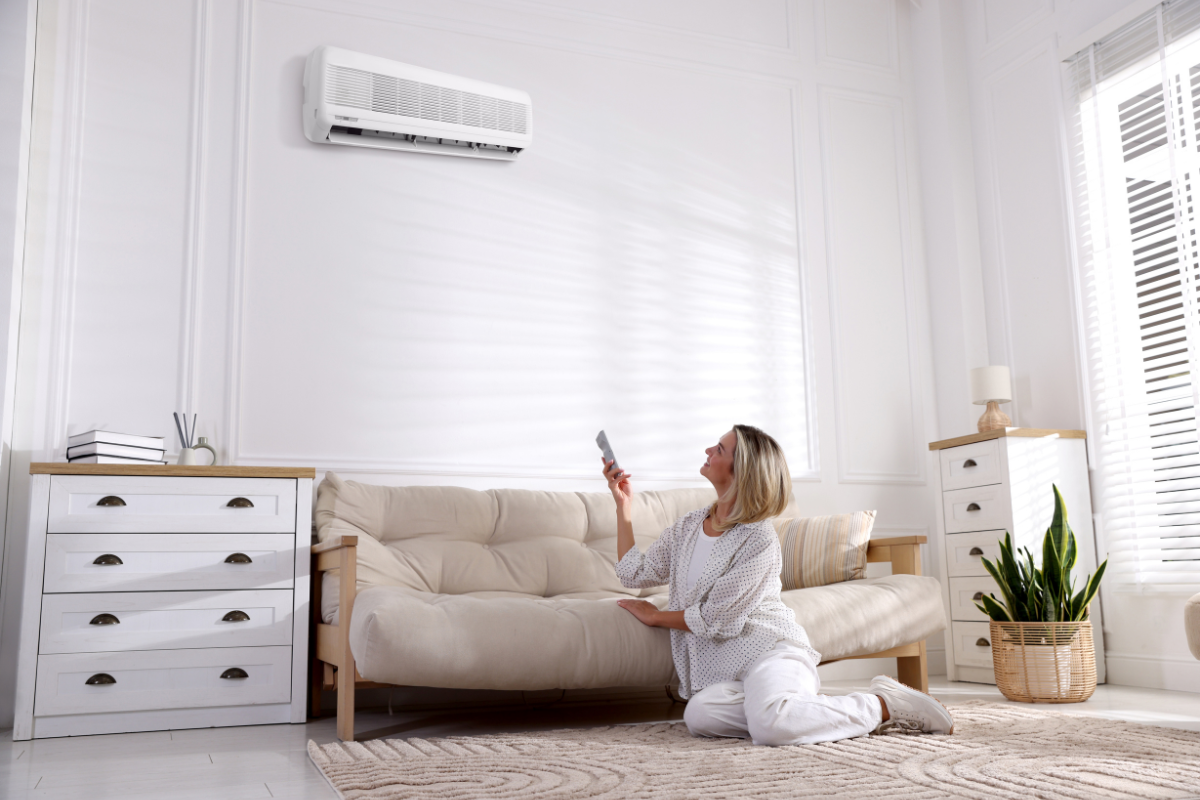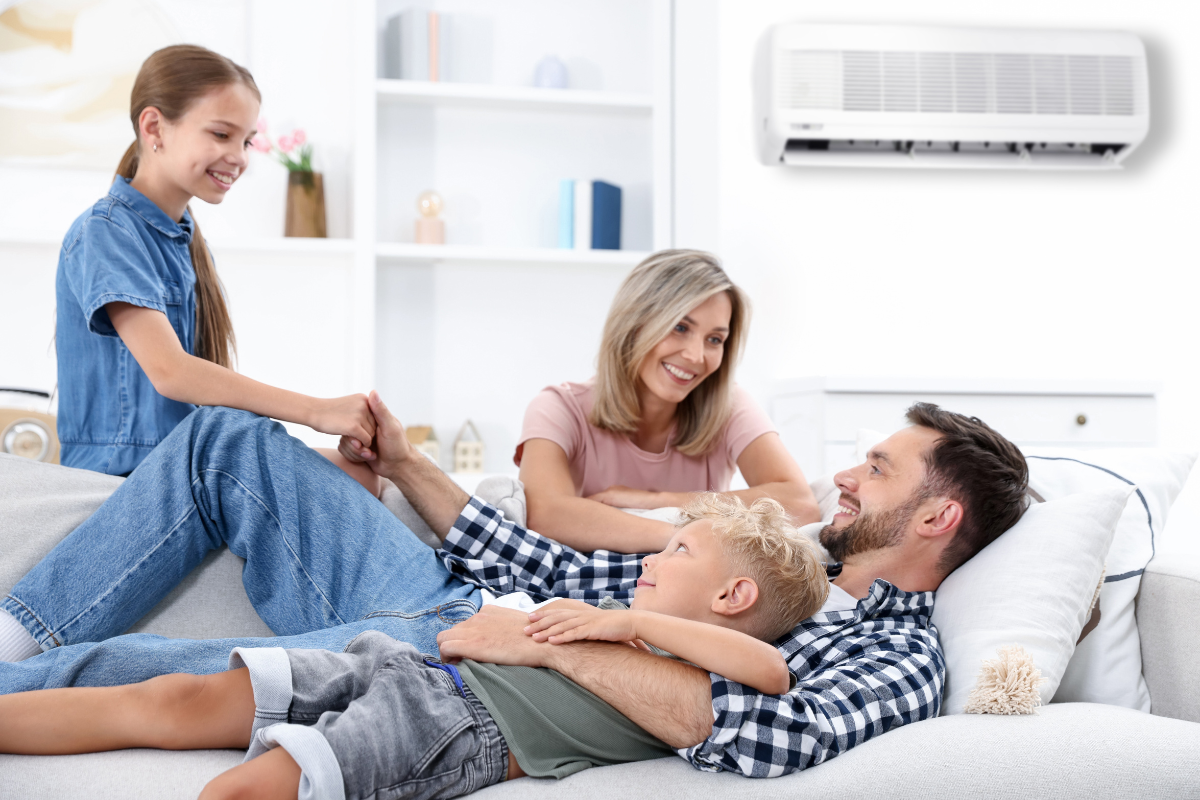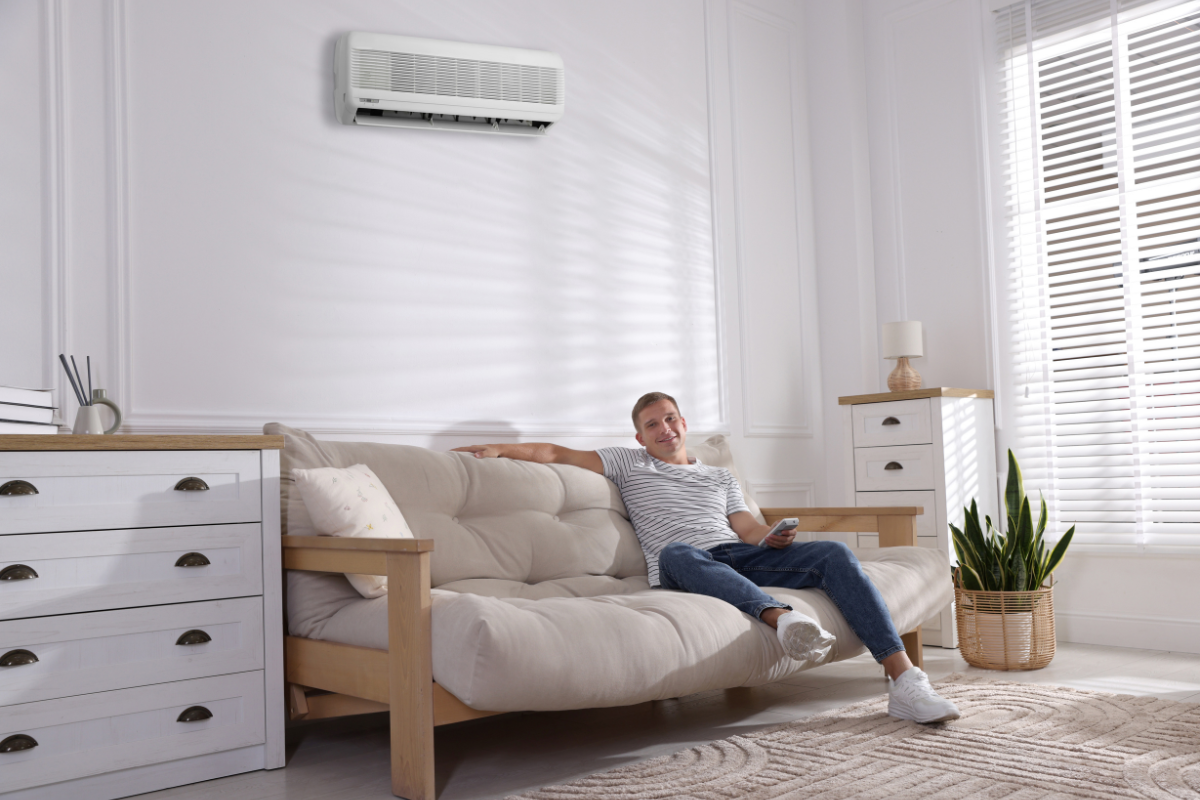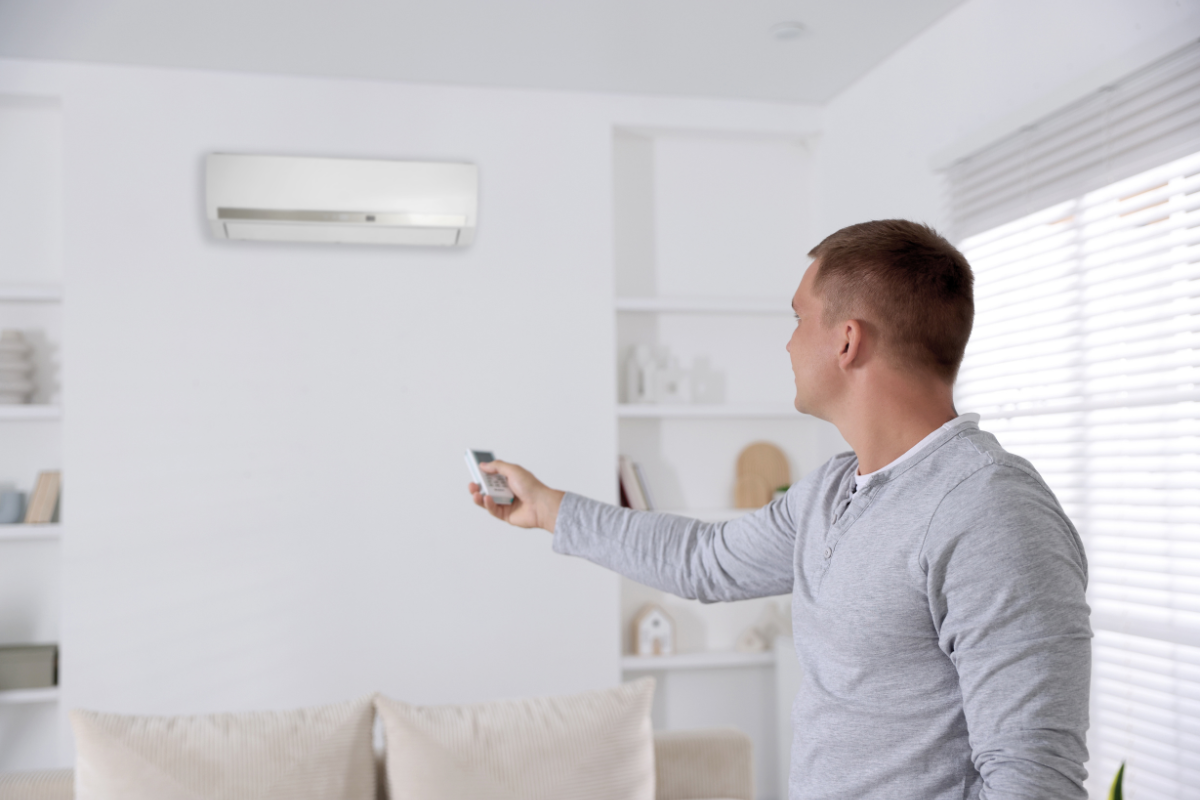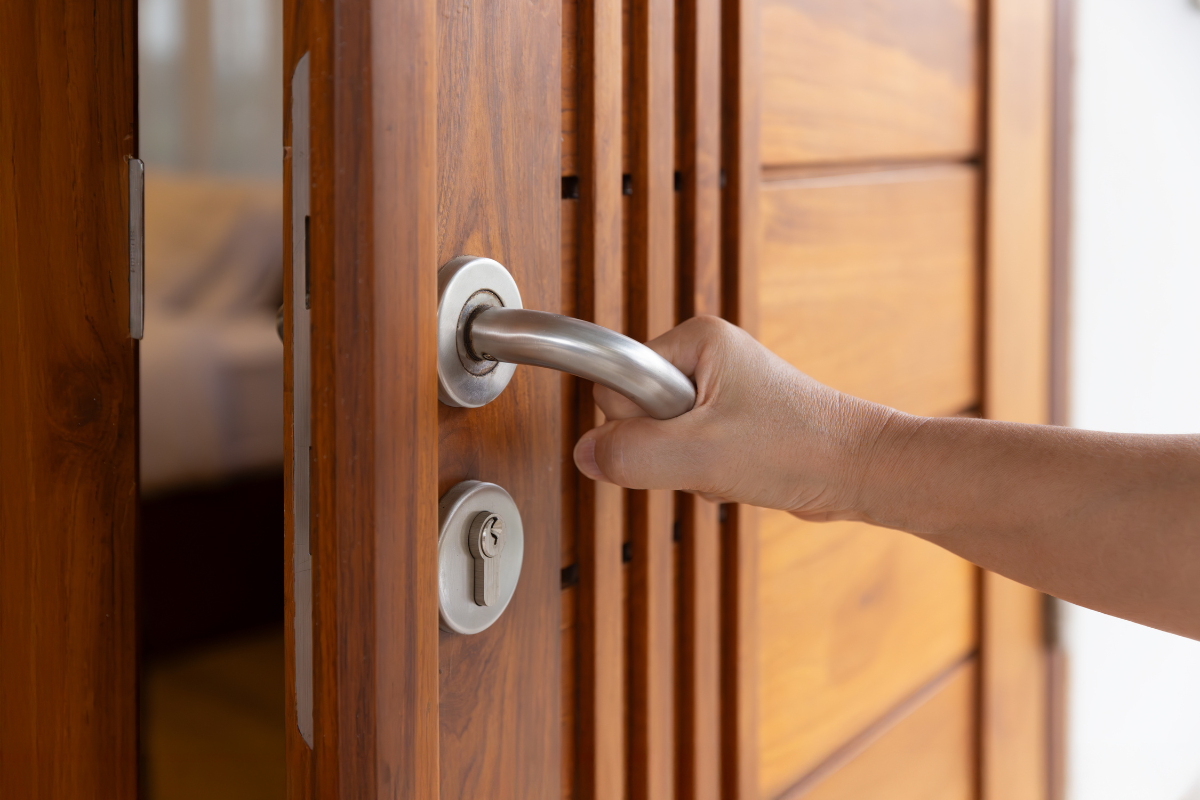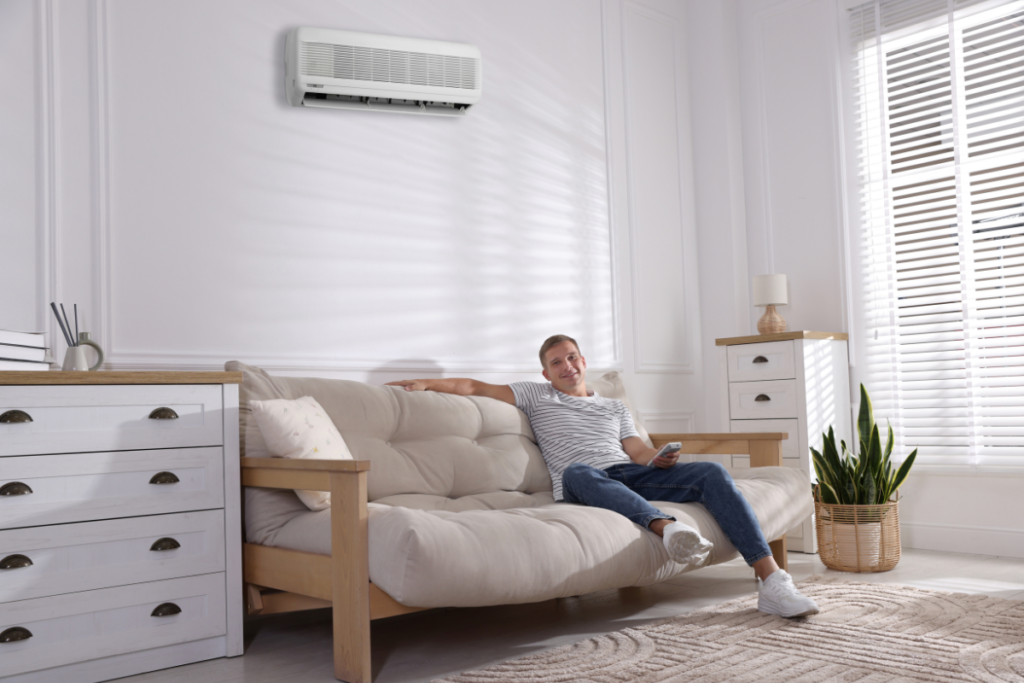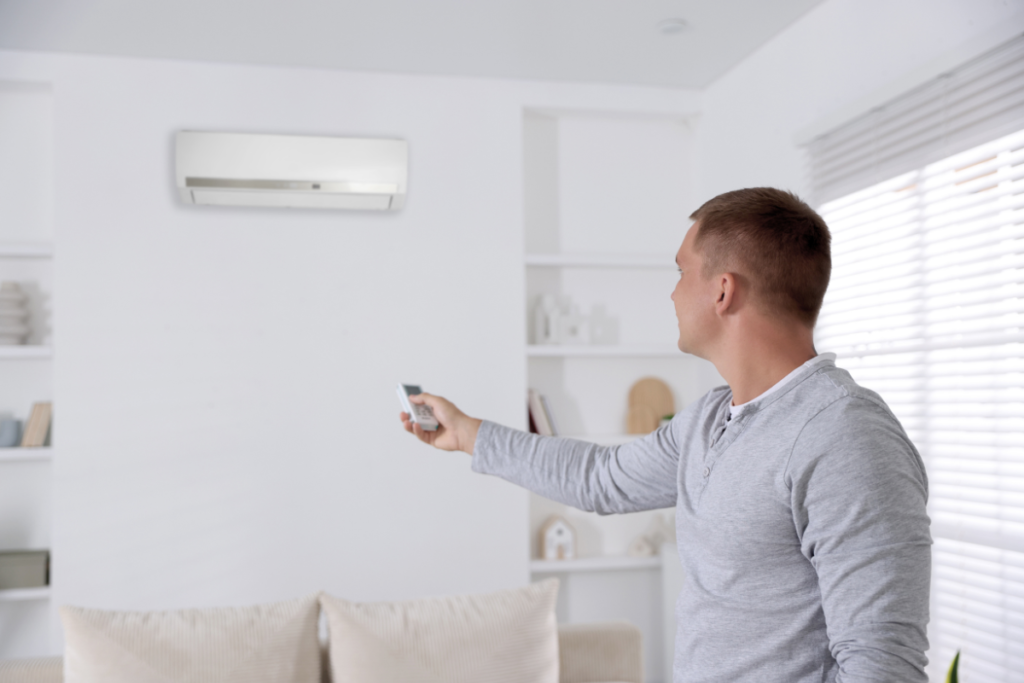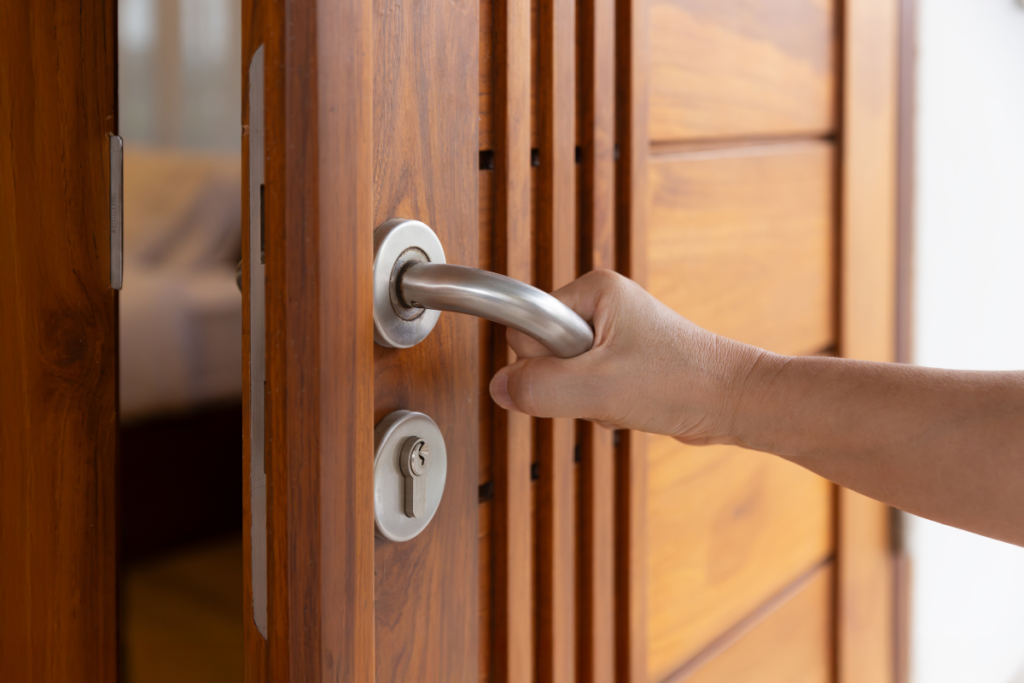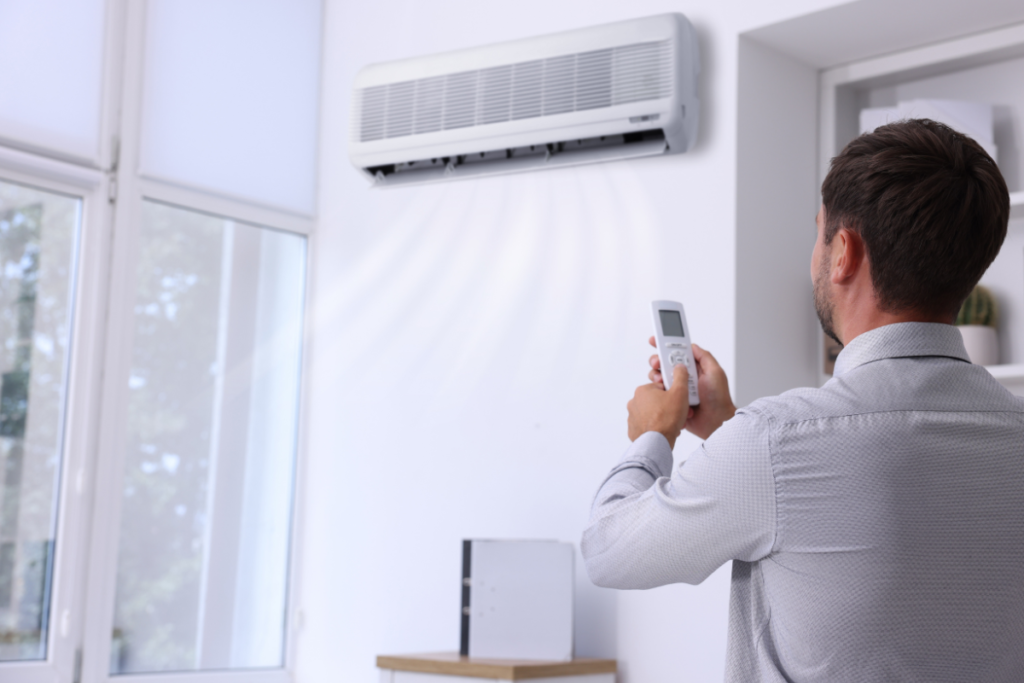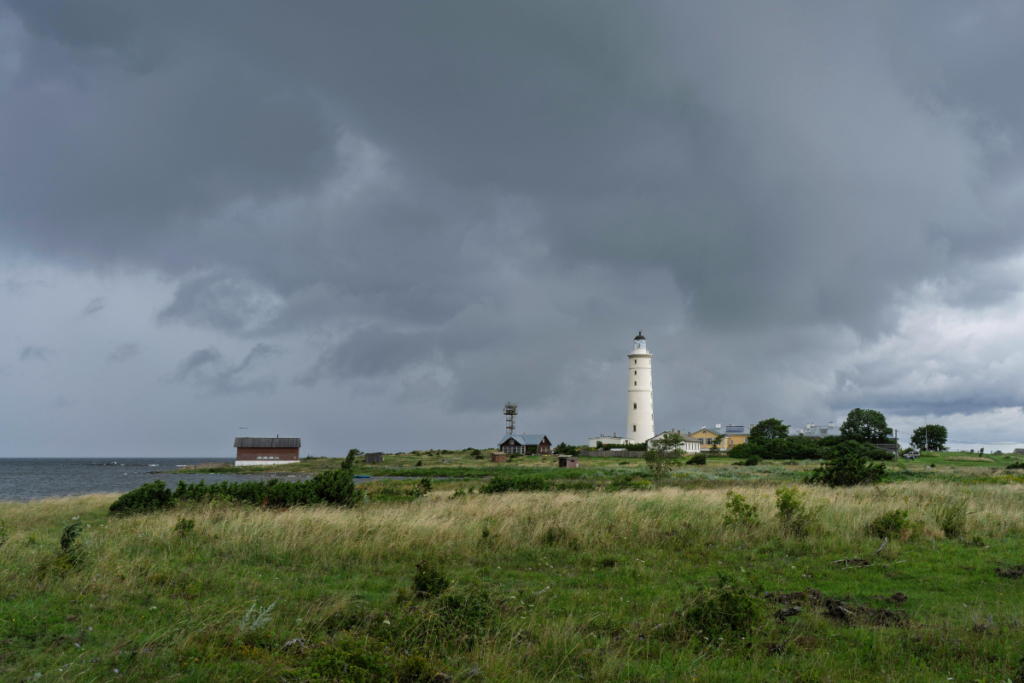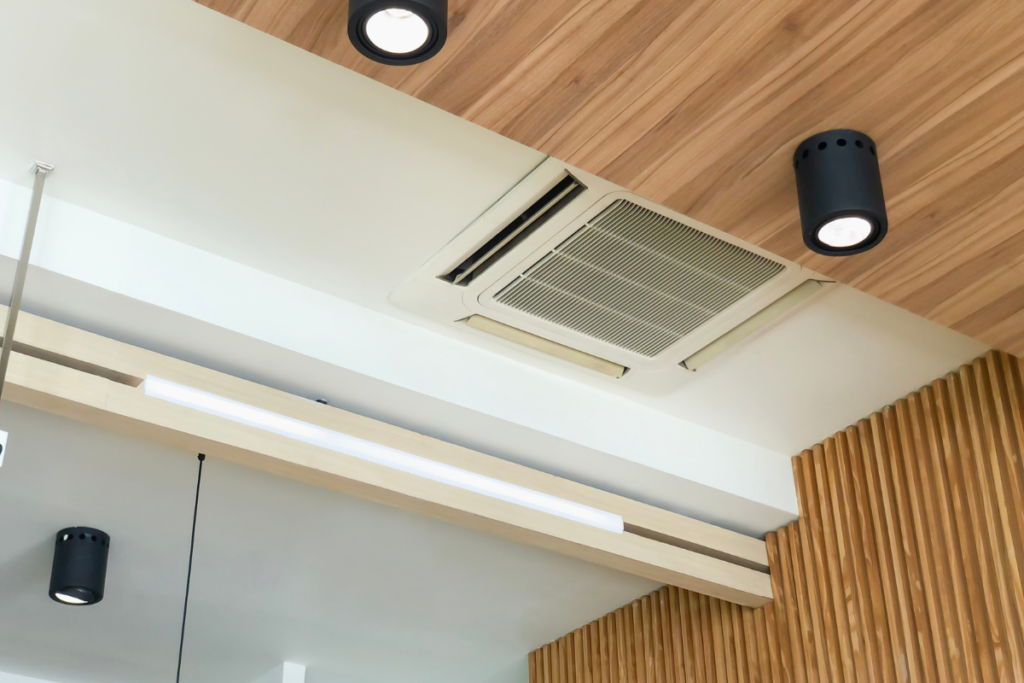Winter mornings in Gold Coast can be surprisingly chilly. When your HVAC isn’t doing its job, things get uncomfortable quickly. So what should you do when your heater’s running but no warm air is coming out? The answer is simple: turn off Heating, ventilation, and air conditioning (HVAC) when it isn’t heating.
Running your system in this state won’t fix the problem. In fact, it can make things worse.
Let’s look at why turning off HVAC when it isn’t heating is the safest first move and what things you should notice before calling the experts at DEEPCHILL – air conditioning Gold Coast.
Further reading: HVAC Stops Working Suddenly? Here’s What To Check
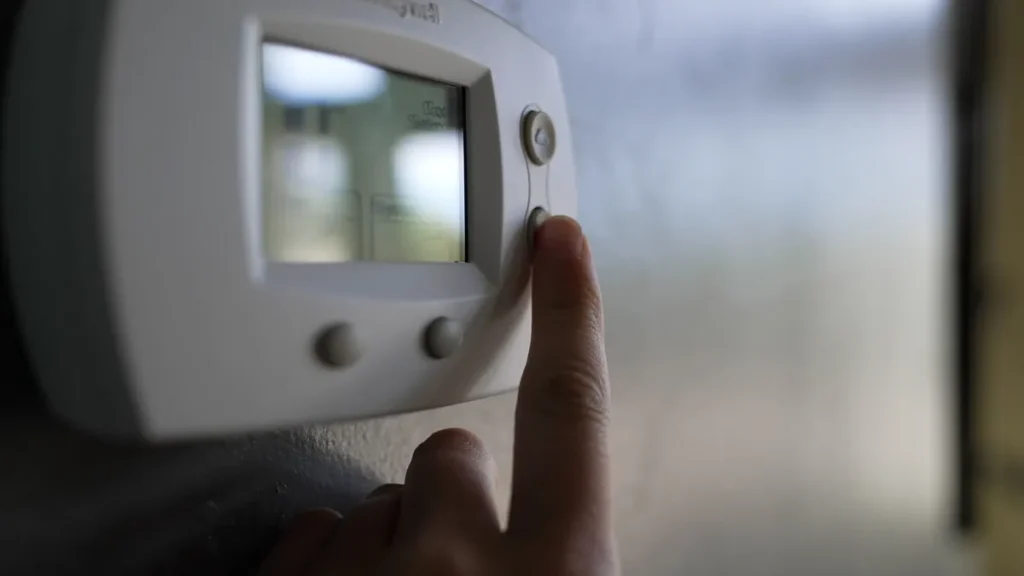
Why you should turn off HVAC when it isn’t heating
Prevent further system damage
Your HVAC isn’t just idle when it’s not heating properly, it’s likely still running and under stress. If it’s blowing cool air when it should be warming your home, the problem could be anything from a blocked burner to a failed ignition system or low refrigerant in a heat pump.
Turning off HVAC when it isn’t heating helps prevent extra wear on critical components like the blower motor, heat exchanger, or control board while you diagnose or wait for repairs.
Avoid spikes in power bills
A malfunctioning HVAC system still consumes electricity, even if it’s not providing heat. You’re paying for energy that’s doing nothing to warm your home. If you notice cool air blowing for more than 10-15 minutes, it’s time to switch it off.
This is especially important during the cooler Gold Coast months, when heating demand is at its peak and energy costs are higher.
Reduce safety risks
Often, when your HVAC system isn’t heating, the root cause might be a clogged filter, a broken pilot light, or even an overheating furnace. Left unchecked, these problems can pose serious safety risks, such as electrical faults or potential fire hazards.
That’s why it’s always safer to turn off HVAC when it isn’t heating and let a technician inspect it before using it again.
Quick checks before you turn off HVAC
Before calling in the pros, you can do a few quick things to rule out simple fixes:
- Check your thermostat settings: Make sure it’s set to “heat” mode and the target temperature is higher than the room temp.
- Inspect air filters: A clogged filter restricts airflow and can shut down heating elements. Replace if dirty.
- Reset your circuit breaker: A tripped breaker can cut off power to your heating system. Flip it back on and see if that helps.
If none of these steps restore warm air, turn off HVAC when it isn’t heating and call in the experts.
See more: What is heat mode in HVAC system?
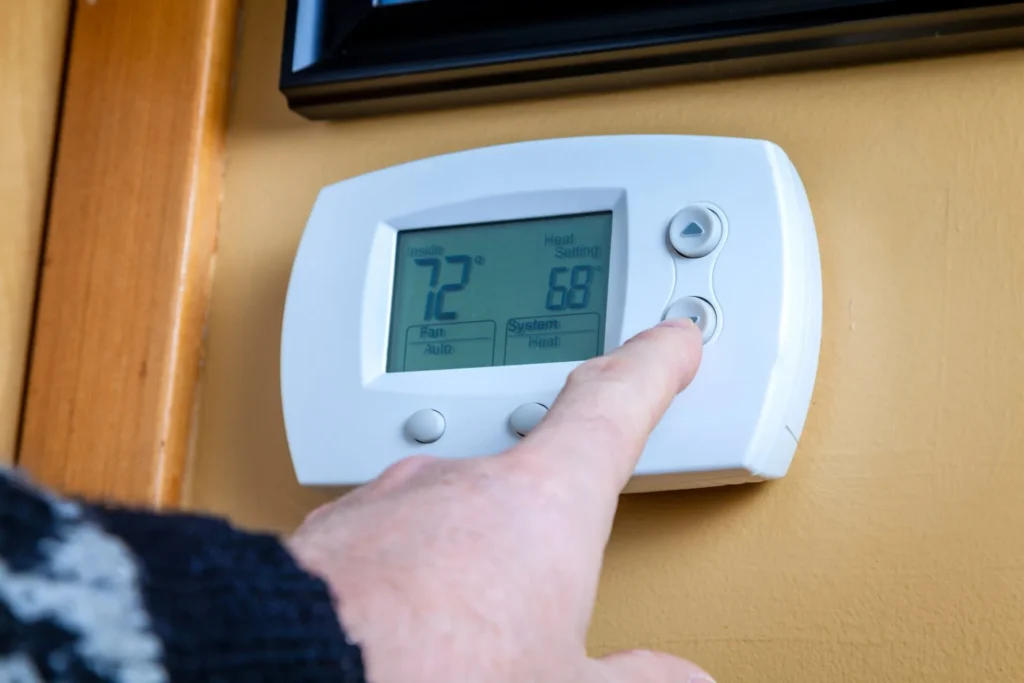
How DEEPCHILL can help restore your heat
At DEEPCHILL – air conditioning Gold Coast, we’ve been helping homeowners with heating and cooling for over 40 years. When your system stops heating, we:
- Inspect for airflow blockages
- Check burner and ignition systems
- Test your thermostat and electrical controls
- Assess refrigerant levels in heat pumps
- Ensure safety features like limit switches are working
We’ll pinpoint the root cause, not just the symptom, and get your system safely back to working order.
Don’t wait – Book fast, friendly HVAC help
To sum up: turn off HVAC when it isn’t heating, check the basics, and then reach out to DEEPCHILL for expert support. Whether it’s a quick fix or a bigger issue, we’ll get your system running safely and efficiently again.
Call now or book online for prompt, reliable service you can trust.

